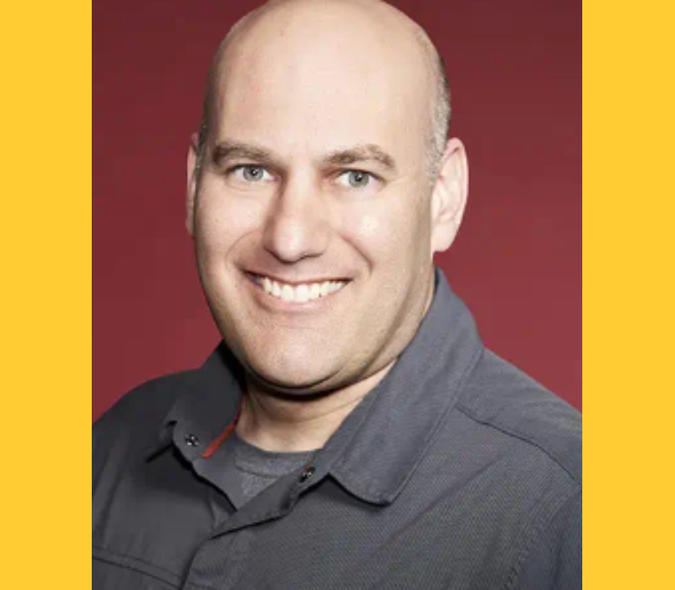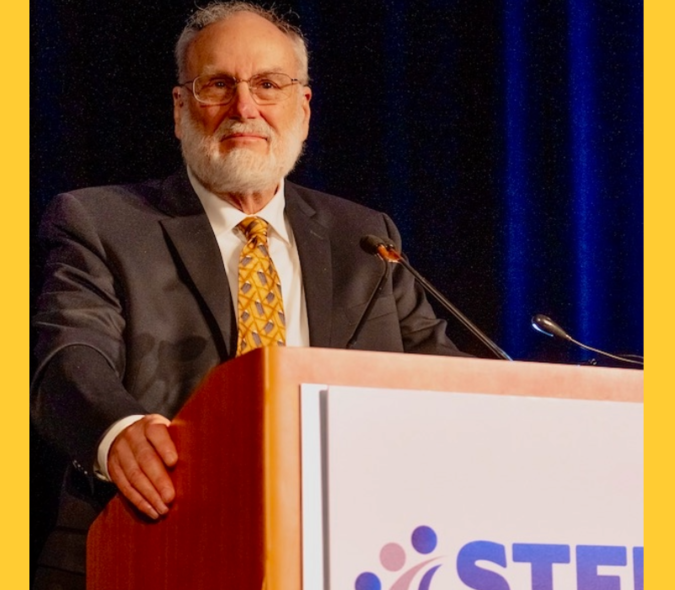Why Justice?
Diversity asks, "Who is in the room?"
Equity responds, "Who is trying to get in the room but can't? Whose presence in the room is under constant threat of erasure?
Inclusion asks, "Have everyone's ideas been heard?"
Justice responds, "Whose ideas won't be taken as seriously because they aren't in the majority?"
Diversity asks, "How many more of [pick any minoritized identity] do we have this year than last?"
Equity responds, "What conditions have we created that maintain certain groups as the perpetual majority here?"
Inclusion asks, "Is this environment safe for everyone to feel like they belong?"
Justice challenges, "Whose safety is being sacrificed and minimized to allow others to be comfortable maintaining dehumanizing views?"
—Dr. Dafina-Lazarus Stewart, https://www.insidehighered.com/views/2017/03/30/colleges-need-language-shift-not-one-you-think-essay
For many, the terms diversity and inclusion have become catchphrases for lip service to the work instead of leading to real, substantial change. The Department of Family Medicine and Community Health is centering in Justice and Equity. Each of us has a role in Justice Equity Diversity and Inclusion work, although we may need to awaken that power in ourselves and each other. Together we must cultivate a climate of humility and embrace a growth mindset so that we can advance our shared purpose and vision.
Dr. Camara Jones, family physician, health equity scholar, and former president of the American Public Health Association, defines racism as "a system of structuring opportunity and assigning value based on the social interpretation of how one looks (which is what we call "race"), that unfairly disadvantages some individuals and communities, unfairly advantages other individuals and communities, and saps the strength of the whole society through the waste of human resources."
The July 2020 issue of Family Medicine Monthly is a collection of submissions from colleagues connected to family medicine, including a submission from a resident at United Family Medicine in addition to departmental and M Physicians staff, residents, and faculty, around the topics of racism and antiracism. Some are artistic, some personal, some historical, some research-based, and all will provoke self-reflection, an opportunity for learning and growth, and maybe some discomfort. Stay in that discomfort and explore what it has to offer you.



